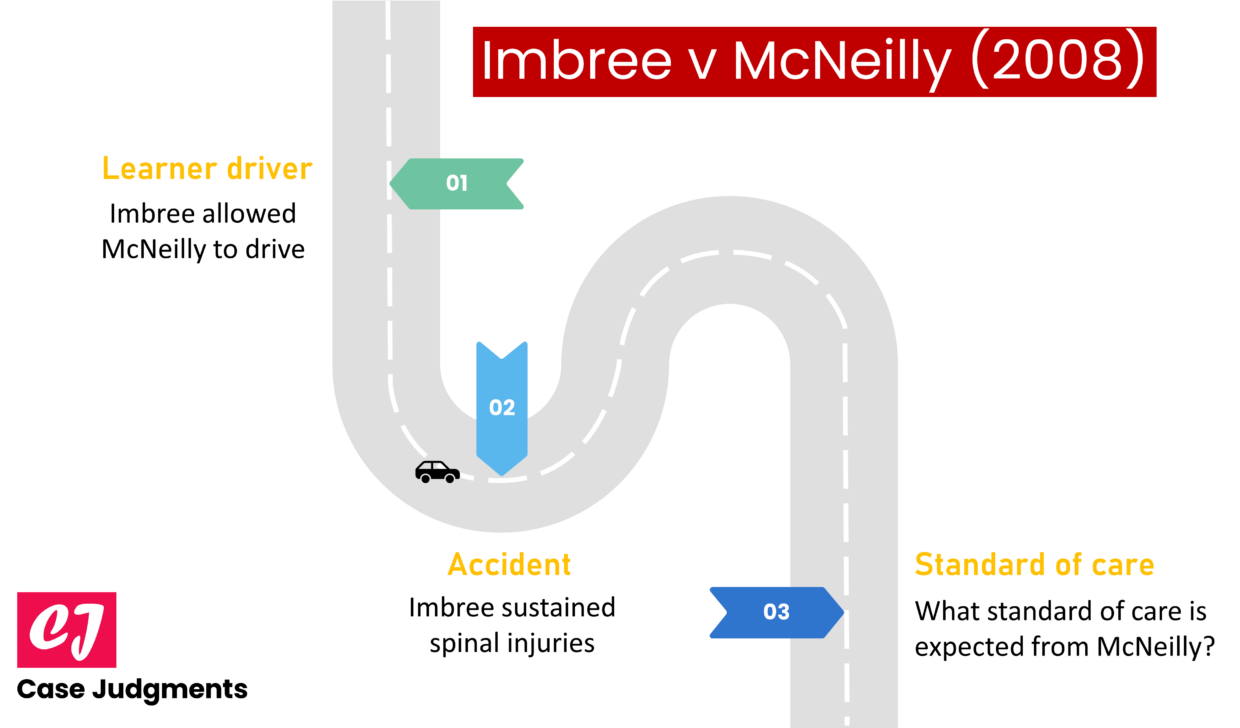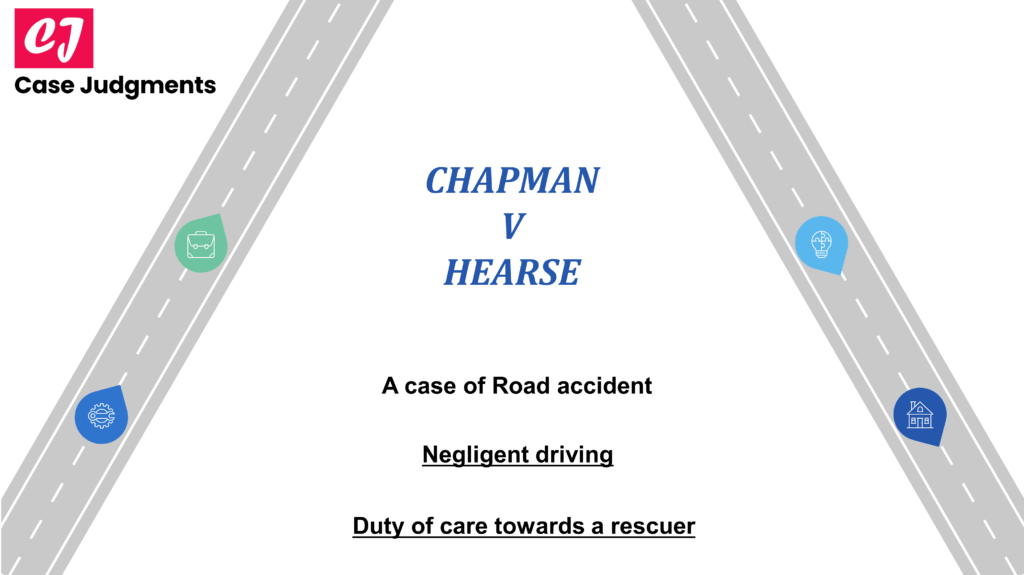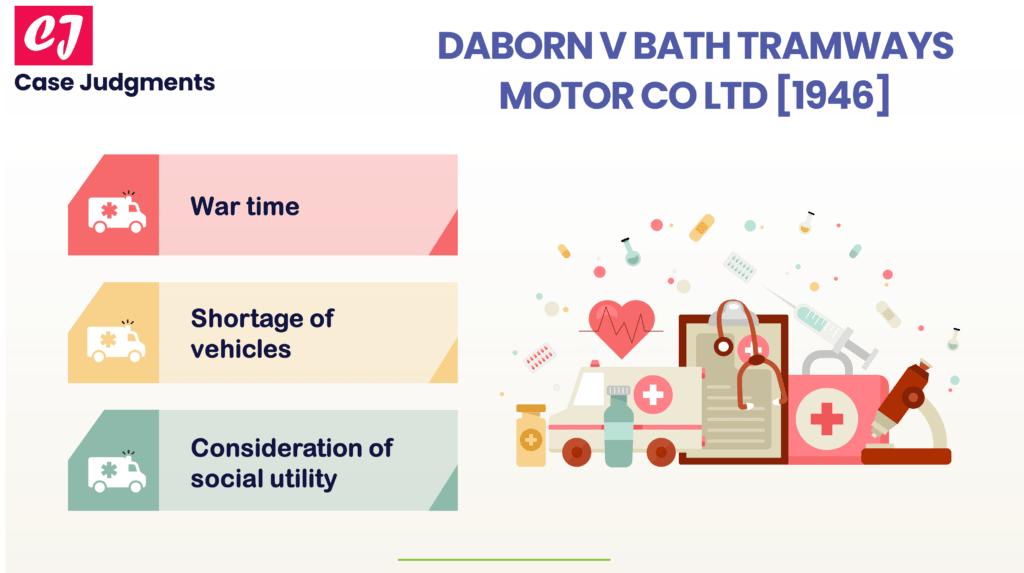
Imbree v McNeilly (2008): A Detailed Summary
Imbree v McNeilly (2008) is a tort law case on the negligence of a learner driver. It is concerned with issues related to the duty of care owed by a learner driver to their supervisor and whether the standard has to be judged according to a reasonably competent driver or whether it can consider inexperience.
| Case name & citation: Imbree v McNeilly and Another [2008] HCA 40; (2008) 248 ALR 647; (2008) 236 CLR 510 |
| The concerned Court: High Court of Australia |
| Decided on: 28 August 2008 |
| The bench of judges: Gleeson CJ, Gummow, Kirby, Hayne, Heydon, Crennan and Kiefel JJ |
| Area of law: Negligence; duty of care; standard of care; contributory negligence |
Given below are the case facts and decision:
Driver’s Age and Experience (Imbree v McNeilly)
Paul Imbree and Jesse McNeilly were on a 4WD trip in the Northern Territory along with others. Imbree was aware that McNeilly was 16 years and 5 months old, had limited driving experience, and did not possess a driving license or learner’s permit.
Driving Rotation
At various times throughout the journey, Imbree allowed both his own son and McNeilly to drive the four-wheel-drive station wagon for 30-40 minute intervals. On one occasion, Imbree permitted McNeilly to drive on a gravel road. Imbree sat in the front passenger seat, next to McNeilly.
Accident facts
McNeilly and Imbree were driving along when they noticed a piece of tyre on the road. McNeilly attempted to avoid the tyre by steering to the right. Imbree yelled at McNeilly to slow down, but he didn’t. When the vehicle reached the far right-hand side of the road, McNeilly suddenly made a sharp left turn and accelerated. As a result, the vehicle rolled over. The accident caused Imbree to sustain spinal injuries that left him tetraplegic.
Initial Trial (Imbree v McNeilly)
Imbree filed a negligence claim against McNeilly. The primary judge applied Cook v Cook (1986) 68 ALR 353 at first instance in the Supreme Court of New South Wales. He ruled in favor of Imbree on the grounds that McNeilly had driven carelessly, beyond what could be attributed solely to his inexperience in attempting to avoid the tyre. Damages of over $9.5 million were awarded to Imbree. However, the primary judge reduced Imbree’s damages by 30% due to contributory negligence on his part. He had failed to provide proper instructions to McNeilly not to suddenly change direction or speed up.
Court of Appeal
McNeilly filed an appeal with the New South Wales Court of Appeal. The Court of Appeal upheld the trial judge’s finding by a 2-1 vote, but each member of the majority had a different take on why McNeilly’s actions violated the modified standard of care he owed to Imbree. In addition, the Court of Appeal also found that Imbree’s damages should be reduced by two-thirds for contributory negligence. Imbree and McNeilly both appealed the decision of the Court of Appeal to the High Court.
The issue in Imbree v McNeilly
The legal issue in this case was whether McNeilly owed a modified standard of care to his supervisor (Imbree) because of lack of experience, or whether the standard of care remained the same as that is expected of a reasonable driver.
Was the judgment given in Cook v Cook, which suggested a modified standard of care for learners, still valid?
The decision of the High Court
On August 28, 2008, a majority of the High Court ruled that McNeilly owed Imbree the same standard of care as that was expected of a reasonable driver. This standard of care was not modified by the level of driver’s experience or whether they were licensed.
Further, the High Court held that even though Imbree was aware of McNeilly’s inexperience, it was insufficient to justify the adoption of a modified standard of care. The issue may be relevant to the question of contributory negligence though, it did not change the standard of care owed by McNeilly.
It was further confirmed that the trial judge correctly assessed Imbree’s contributory negligence at 30%.
Overruling Cook v Cook
In reaching its decision, the High Court reversed its previous judgment in Cook v Cook (1986).
That case established a precedent regarding the modified standard of care owed by a learner driver. But in the given case of Imbree v McNeilly, the modified standard of care established in Cook v Cook was overturned.
It clarified that in situations involving a supervisor-pupil relationship, the standard of care owed by an inexperienced or unlicensed driver is no longer adjusted to account for the driver’s inexperience. It remains the same as that is expected of a reasonable driver to avoid injury.
An unlicensed or learner driver owes the same objective standard of care to others (including supervisors) as that of a licensed driver. There is no longer a distinct or diminished standard owed by a learner driver to their supervisor or others.
List of references:
- https://www.johnwiley.com.au/highered/blaw/content110/case_summaries/imbree_vs_mcneilly.pdf
- https://www.hcourt.gov.au/assets/publications/judgment-summaries/2008/hca47-2008-09-26.pdf
- https://mccabes.com.au/imbree-v-mcneilly/
You might also like:
More from tort law:

